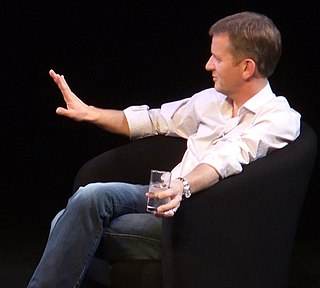A Quote by Salman Rushdie
Many writers who have had to deal with the subject of atrocity can't face it head-on.
Related Quotes
Atrocity is recognized as such by victim and predator alike, by all who learn about it at whatever remove. Atrocity has no excuses, no mitigating argument. Atrocity never balances or rectifies the past. Atrocity merely arms the future for more atrocity. It is self-perpetuating upon itself - a barbarous form of incest. Whoever commits atrocity also commits those future atrocities thus bred.
The Muslim Arbitration Tribunal, if you look at its website, it basically deals with commercial disputes, it's not allowed to deal with matters involving children, it's not allowed to deal with criminal matters, it's subject to judicial review, it's subject to the Human Rights Act, it's subject to the Children's Act, and it's completely proper and right that it should be subject to all those things.
Many people will tell you that an expert is someone who knows a great deal about the subject. To this I would object that one can never know much about any subject. I would much prefer the following definition: an expert is someone who knows some of the worst mistakes that can be made in the subject, and how to avoid them.
I think [Iranian deal] was the worst deal I've ever seen negotiated. The deal that was made by the [Barack] Obama administration. I think it's a shame that we've had a deal like that and that we had to sign a deal like that and there was no reason to do it and if you're going to do it, have a good deal.
Certain characteristics of the subject are clear. To begin with, we do not in this subject deal with particular things or particular properties: we deal formally with what can be said about any thing or any property. We are prepared to say that one and one are two, but not that Socrates and Plato are two.






































